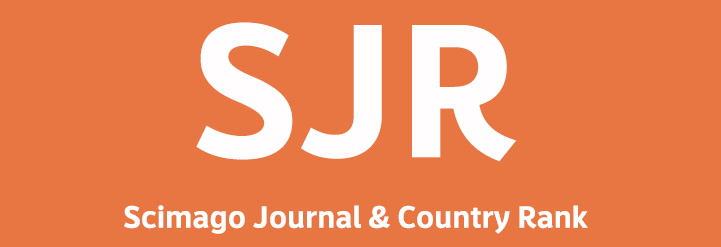Capillary Desaturation Curves For Evaluating Surfactant Performance By Core Flooding Experiments
DOI:
https://doi.org/10.29017/SCOG.32.1.828Keywords:
Capillary Number, Residual oil saturation, Surfactant injectionAbstract
Capillary desaturation curves are normally generated in laboratory scale by means of core flooding experiments to evaluate the surfactant formulations for chemical injection in EOR projects. Low tension surfactant solution is the only liquid that could increase the dimensionless capillary number in order of magnitude of 103. Two types of core samples have been used in core flooding experiments to develop capillary desaturation curves, i.e., generic and standard Classhach core samples. In Addition, VS surfactant and additional alcohols are also used in these experiments. The higher the capillary number could generate a lower the residual oil saturation. Moreover, each rock may have a particular capillary desaturation curve depending on the rock properties. Therefore before implementing chemical injection in a pilot scale, capillary desaturation curve should be developed in laboratory to evaluate the surfactant injection performance.
References
Garnes, J.M., Mathisen, A.M., Schele A., Skauge,
A. : “Capillary Number Relations for Some North
Sea Reservoir Sandstones†SPE/DOE 20264
Chatzis, I., Morrow, N.R. : “Correlation of Capillary
Number Relationships for Sandstoneâ€, SPE
Society of Petroleum Engineers Journal,
October 1984.
Taber, J.J., Martin, F.D., Seright, R.S. : “EOR
Screening Criteria Revisited-Part 1 and Part 2:
Introduction to Screening Criteria and Enhanced
Recovery Field Projectsâ€, SPE Reservoir Engineering,
August 1997.
Berger, P.D., Lee, C. : “Improved ASP Process
Using Organic Alkali†SPE 99581
Shanker, P.K., Bae, J.H., Enick, R.M. : “Salinity
Tolerance and Solution Property Correlations of
Petroleum Sulfonate-Cosurfactant Blends†SPE
Delshad, M., Bhuyan, D., Pope, G.A., Lake,
L.W. : “Effect of Capillary Number on the Residual
Saturation of a Three-Phase Micellar Solutionâ€,
SPE/DOE 14911.
Dwarakanath V., Pope A.G. : “Surfactant Phase
Behavior with Field Degreasing Solvent†Environment
Science & Technology/ Vol. 34 No. 22.
Downloads
Published
Issue
Section
License
Copyright (c) 2022 SCIENTIFIC CONTRIBUTIONS OIL AND GAS (SCOG)

This work is licensed under a Creative Commons Attribution 4.0 International License.
Authors are free to Share — copy and redistribute the material in any medium or format for any purpose, even commercially Adapt — remix, transform, and build upon the material for any purpose, even commercially.
The licensor cannot revoke these freedoms as long as you follow the license terms, under the following terms Attribution — You must give appropriate credit , provide a link to the license, and indicate if changes were made . You may do so in any reasonable manner, but not in any way that suggests the licensor endorses you or your use.
No additional restrictions — You may not apply legal terms or technological measures that legally restrict others from doing anything the license permits.














